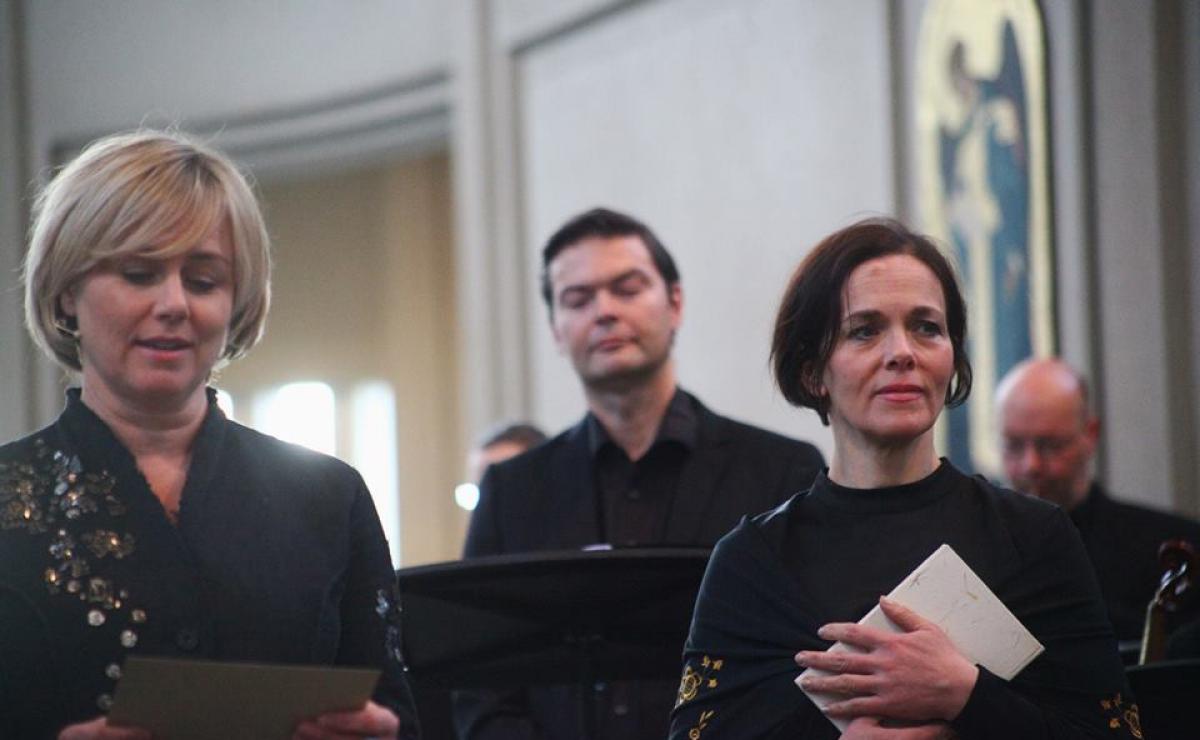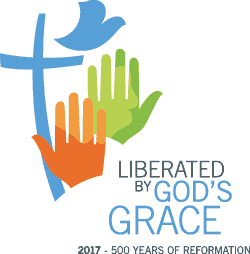With a Focus on Women’s Participation

Commemorating the Reformation Anniversary in Iceland
(LWI) The Commemoration of the 500th Anniversary of the Reformation in the Evangelical Lutheran Church of Iceland (ELCI) began with a sharp focus on two women of the Reformation. The first was Elisabeth Cruciger, a nun who left her convent, became friends of the Luther family and married a Lutheran theologian. The other was Halldora Guðbrandsdóttir, daughter of a bishop and an assistant in running the diocese as her father aged.
ELCI’s commemoration also honored Katharina von Bora, Martin Luther’s wife, as the observance began January 29, the day of von Bora’s birth.
“Women’s role in the Reformation, abroad as well as here in Iceland, has to a great extent gone unnoticed for the past 500 years,” said Dr. Arnfríður Guðmundsdóttir, professor of theology at the University of Iceland in Reykjavik. “Despite the fact that women were excluded from ordained ministry and higher theological education,” she said, “it is safe to say that women’s active participation in the advancement of the Reformation movement made a difference.”
Women of the Reformation: Hymn writers and leaders
ELCI began the Reformation anniversary activities with a musical play, “Halldóra and Elisabeth, Bach and Grallarinn - Two Women of the Reformation” written by Guðný Einarsdóttir and Diljá Sigursveinsdóttir.
Elisabeth (1500-1535) came from a noble family in Germany and left her convent when she was inspired by the preaching of Johannes Bugenhagen, a Luther associate who organized congregations in Germany and Scandinavia. She went to Wittenberg, became friends with Martin Luther and his wife, and married Caspar Cruciger, a theology professor in Wittenberg who assisted Luther in translating the Bible into German.
Elisabeth became one of the first hymn-writers of the Reformation movement. Tradition says that she dreamed about preaching, and when she told her husband of the dream, he said that her sermons would be in her hymns. Her hymn, “Lord Christ, God’s Only Son” was published in Luther’s first book of hymns, issued in 1524. It also became an inspiration for Johann Sebastian Bach, who used it in a Cantata, “Herr Christ, der einge Gottessohn.” Her hymn was translated into many languages, including Icelandic and was included in one of the earliest Icelandic hymnals.
Halldóra Guðbrandsdottir (1574-1658), the other woman honored, was the daughter of the bishop of Holar, one of the most active advocates of the Reformation in Iceland. Halldóra was 11 years old when her mother died and she then dedicated her life to the care of her father, taking charge of a large household. Her father saw that she was well-educated, although women were not admitted to official schools during that time.
The bishop obtained a printing press and produced many religious texts, including a Bible in Icelandic, published in 1584. He also published a hymnal, known as “Grallarinn” which became very popular and remained in use until 1801.
Single her whole life, Halldóra was foster mother to a number of children; and, described as “strong-willed and tenacious,” took charge of the diocese as her father aged. She protected his legacy in the diocese, including an attempt from another bishop to take over the printing press. She headed the reconstruction of the diocesan cathedral, which was destroyed in a storm. The new church, dedicated in 1627, bears her name – Halldórukirkja – the church of Halldóra.
Dr. Guðmundsdóttir said of the opening event, “by focusing on women of the Reformation, we are stressing the importance of women’s role in the life of the church, past and present.”
ELCI also plans a play about Martin Luther and the publication of a two-volume selection of Luther’s writing in Icelandic.

